Olivia Gallagher
A look at trans identities in older individuals, how they got to where they are, and why it is such an accomplishment to see queer people in this way. This podcast also briefly touches on violence against trans individuals and the importance of community in one’s health and wellbeing.
On an in class trip to the Smith College Museum of Art, I saw a bunch of photos in this collection from Jess Dugan and Vanessa Fabbre and they were all older queer people who like told their stories in an interview and then got a portrait taken, and the stories were put next to the portraits. And it was really interesting to see all of the – the different older people and their stories and how they got to where they are.
I didn’t look at all of the stories, but there were four that I did look at. The first one was one of the ones that was actually up during the museum trip, so I got to see that one twice, because then I looked for it online as well. And in that one it was really cool because the photo – and also the story mentions this as well – the man in the photo passes very much for like a biker dude or he said a vietnam vet, and a lot of the times, that outward expression like saved him. His own words were he would like pass until “I opened my mouth and a purse falls out.” Sky’s story was really powerful, and showed how gender and sexuality are fluid and this interview specifically took us through all of the steps that it took for him to get to where he landed, which was a polyamorous gay trans man.
The second one I looked at was a couple, Hank and Samm, and they were from Arkansas and it was a lot about Hank’s life growing up and gender presentation and how she was never expected to be a girly girl when she was little, and then when she got a little bit older, gender norms were enforced more forcibly – more strongly. And it felt really jarring and wrong, and even though it felt really wrong it was really hard to explain why because of the lack of terminology to express how she felt or understand why it was like this, and Hank was in the military and the military did a lot of interviewing and scrutinizing and there were a lot of discussions and debates about Hank’s identity, and that was really hard for them.
The third photo interview thing that I looked at was from Justin Vivian from New York, and they knew from a very young age that they did not conform to a gender binary, especially the one that they were assigned at birth, and even knowing this from so young, felt that they were fluid enough that they could be themselves sometimes and fit into what other people expected other times. And this feeling that they had to hide and compartmentalize their identity depending on who they were around made them feel really isolated and interfered not only with their relationships with their family then, but also as they got older, their relationships in adulthood were affected by this as well.
And then the fourth photo interview pair that I looked at from this portfolio was Caprice from Chicago, and Caprice was a trans woman of color and worked in social services, and said that giving back to her community was really important for her. Community is a really big thing for queer people a lot of the time, and her exact words were “My sisters are dying. My sisters are not being connected. And I am connected.” And I really think that being able to give back through that social service role to a community that supported and helped her, was a huge part of who she was and her identity.
Seeing all of these older queer people made me so happy, and it really got me thinking about how little representation we have, not just of the queer community, but especially of queer adults and queer senior citizens. And then it led me to thinking about why that is, and one of the articles that I found that kind of spoke to this was about the violence towards trans people, and it was an article from Maria Baptista and Rita Himmel about a woman named Gisberta Salce Jύnior, who was tortured and died in Portugal for being trans. And the violence against her was from fourteen teenage boys, between the ages of 13 and 16. And they tortured her for three days before throwing her into a pit in an abandoned building, where she drowned. And her family was very vocal about how unfairly lenient their sentences were – they were only placed in like centers for risk, at risk youth – for eleven to thirteen months, which was incredibly lenient for what they did and how brutal they were towards her. And while hers is an extreme case, violence like this is no way – in no way the outlier in behavior towards people who don’t fit gender norms, and so it is really important to see how violence is enacted on trans people and notice that like that’s not okay and it’s also why we don’t see as many queer adults.
The other article that I found that talked about queer adults was really interesting to me; it talked a lot about how “Social support is considered an imperative component of healthy aging and has been found to foster resilience against mental illness.” – that’s a direct quote from this article. And it quoted a lot of – or referenced, a lot of studies that were done about the value of support from your social life in who you are, and how that affects like how long you live, and how happy you are in your life. And queer people have to fight harder and look closer to find social support, especially in places and times where they are not super welcomed in society. And that’s also why queer communities are so valuable and important. And then also, the article talked about how “Many of today’s older adults achieved developmental milestones in an era when sexual and gender minority status was more widely stigmatized.” So, like I said earlier, it wasn’t accepted in society: gay marriage wasn’t legal, it was the time of the HIV epidemic, and it’s just overall a lot harder to live in this time as a queer person, because you’re not fully supported emotionally or like, health-wise. And you’re also dealing with losing people: to violence, like in Gisberta’s case, or like HIV, and that is really hard. And so, seeing all of these old people in this portfolio, was really powerful because it was proof of like the resistance and bravery that those adults went through to be where they are now, and it shows that like it’s possible to get there and be happy.
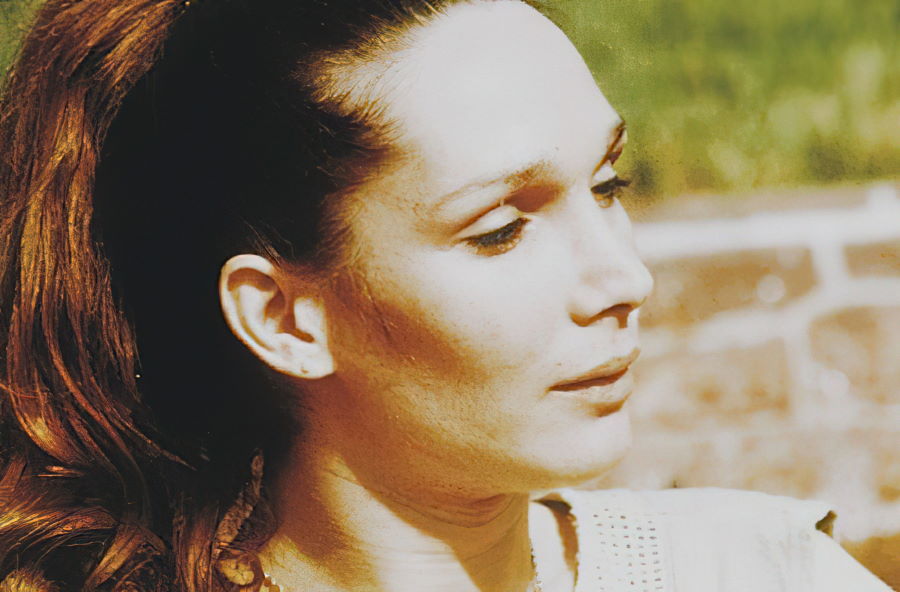
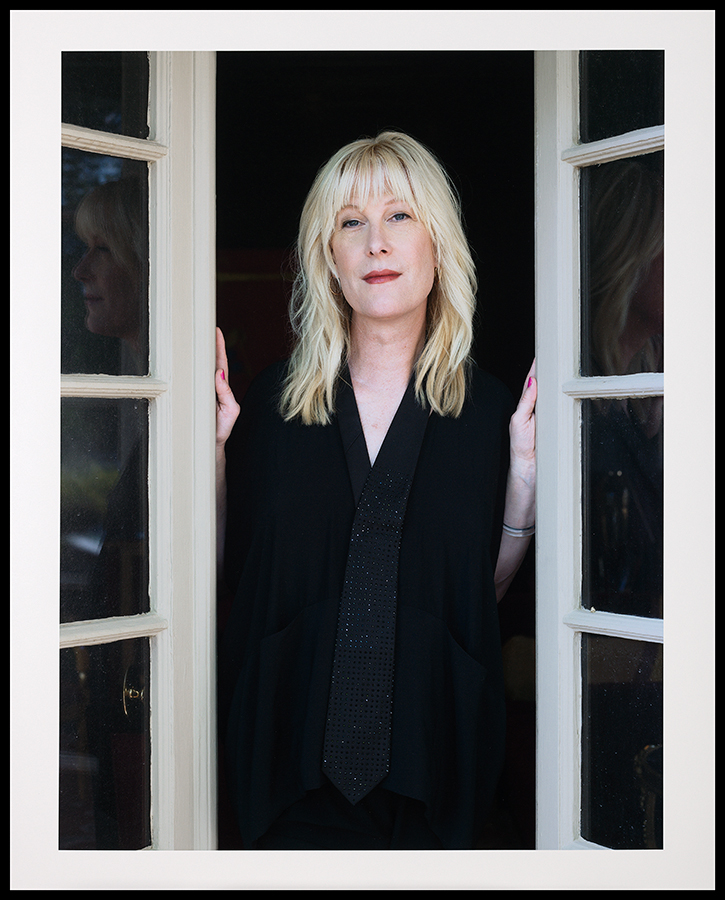
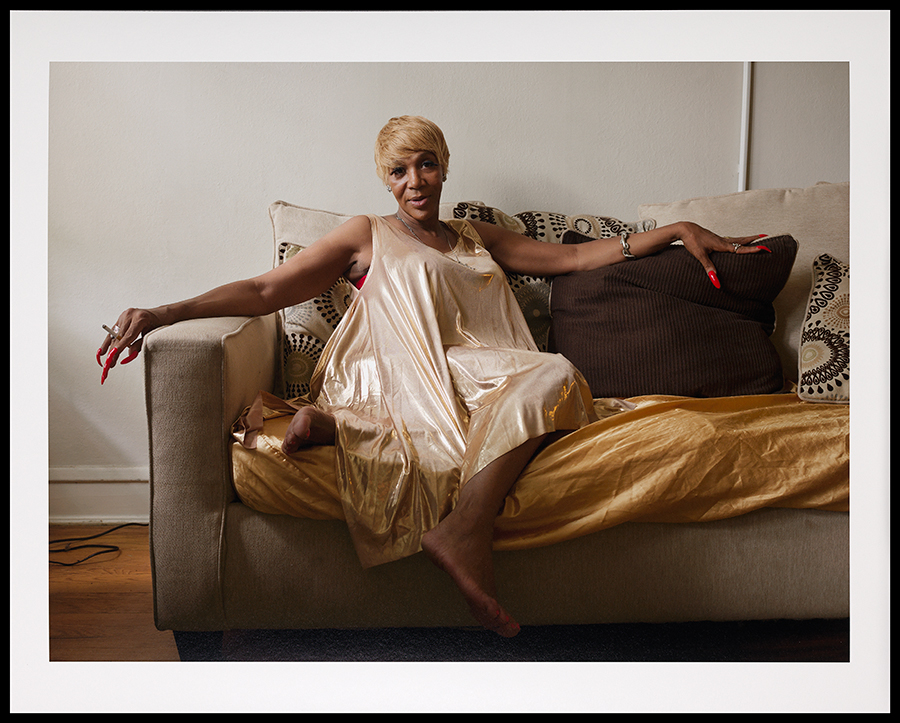
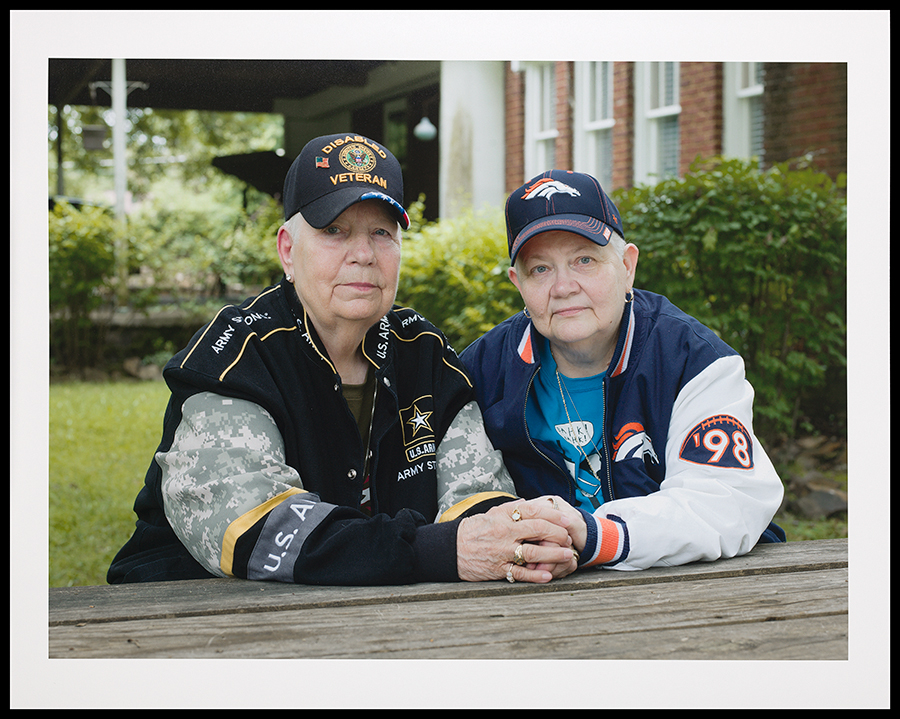
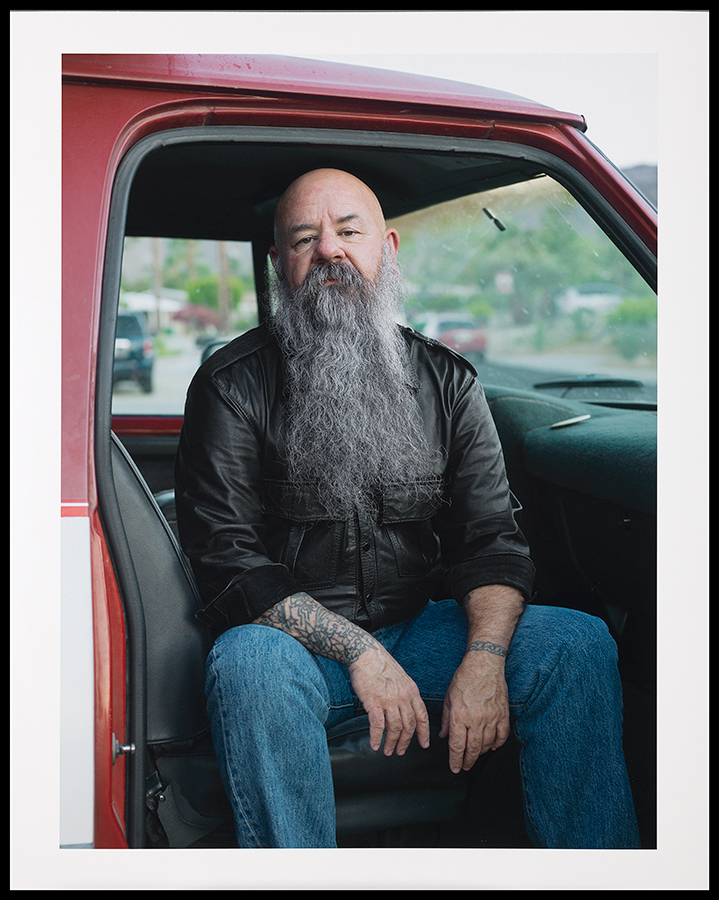
Citations
Breder, Kelseanne, and Walter Bockting. “Apa PsycNet.” Social Networks of LGBT Older Adults: An Integrative Review, American Psychological Association, 2023. https://psycnet.apa.org/getdoi.cfm?doi=10.1037%2Fsgd0000552.
Baptista, Maria, and Rita Himmel. “‘For Fun’: (De) Humanizing Gisberta—The Violence of Binary Gender Social Representation.” Springer Link, 2016. https://link.springer.com/content/pdf/10.1007/s12119-016-9350-5.pdf.
Collection 16, Dugan, Jess T.; Fabbre, Vanessa, Survive on This Shore: Photographs and Interviews with Transgender and Gender Nonconforming Older Adults, Art Collection, 2016 (Smith College Museum of Art, Northampton, MA), https://museums.fivecolleges.edu/info.php?t=objects&type=pgroup&s=oweOVsQq
Fig. 1, Dugan, Jess T.; Fabbre, Vanessa, Sky, 64, Palm Springs, CA, Photograph and Transcribed Interview, 2016 (Smith College Museum of Art, Northampton MA), https://museums.fivecolleges.edu/detail.php?museum=&t=objects&type=pgroup&f=&s=oweOVsQq&record=0
Fig. 5, Dugan, Jess T.; Fabbre, Vanessa, Hank, 76, and Samm, 67, North Little Rock, AR, Photograph and Transcribed Interview, 2015 (Smith College Museum of Art, Northampton MA), https://museums.fivecolleges.edu/detail.php?museum=&t=objects&type=pgroup&f=&s=oweOVsQq&record=7
Fig. 7, Dugan, Jess T.; Fabbre, Vanessa, Justin Vivian, 54, New York, NY, Photograph and Transcribed Interview, 2017 (Smith College Museum of Art, Northampton MA), https://museums.fivecolleges.edu/detail.php?museum=&t=objects&type=pgroup&f=&s=oweOVsQq&record=9
Fig. 9, Dugan, Jess T.; Fabbre, Vanessa, Caprice, 55, Chicago, IL, Photograph and Transcribed Interview, 2015 (Smith College Museum of Art, Northampton MA), https://museums.fivecolleges.edu/detail.php?museum=&t=objects&type=pgroup&f=&s=oweOVsQq&record=11
“Gisberta Salce Junior (22 Feb 2006).” Remembering Our Dead, December 2018. https://tdor.translivesmatter.info/reports/2006/02/22/gisberta-salce-junior_porto-norte-portugal_dfe8e432.


